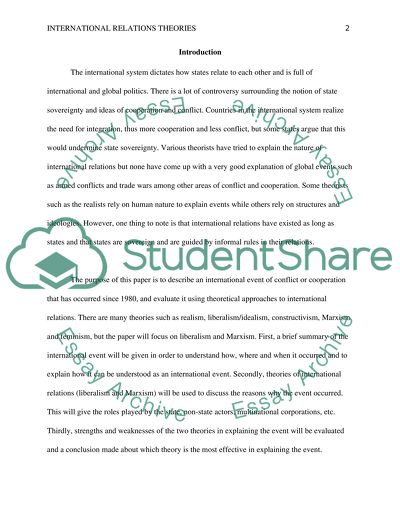Cite this document
(“PAPER 1 Essay Example | Topics and Well Written Essays - 1500 words”, n.d.)
PAPER 1 Essay Example | Topics and Well Written Essays - 1500 words. Retrieved from https://studentshare.org/history/1470511-paper
PAPER 1 Essay Example | Topics and Well Written Essays - 1500 words. Retrieved from https://studentshare.org/history/1470511-paper
(PAPER 1 Essay Example | Topics and Well Written Essays - 1500 Words)
PAPER 1 Essay Example | Topics and Well Written Essays - 1500 Words. https://studentshare.org/history/1470511-paper.
PAPER 1 Essay Example | Topics and Well Written Essays - 1500 Words. https://studentshare.org/history/1470511-paper.
“PAPER 1 Essay Example | Topics and Well Written Essays - 1500 Words”, n.d. https://studentshare.org/history/1470511-paper.


